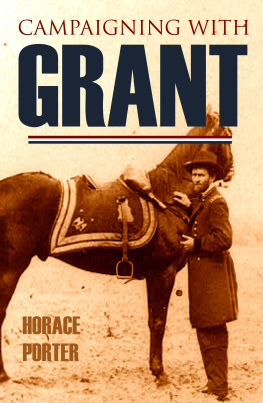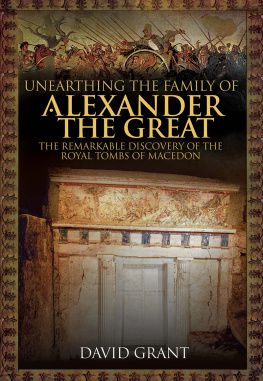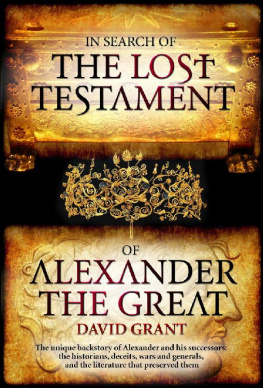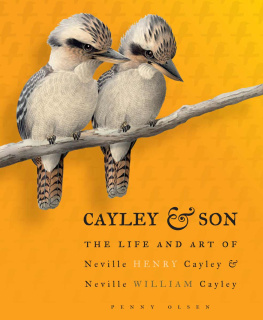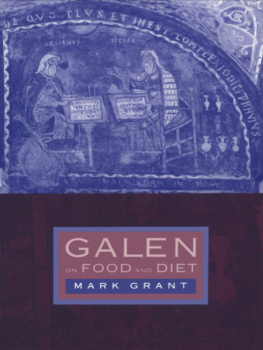ALSO IN THE IN CONVERSATION SERIES
Northrop Frye in Conversation
Ivan Illich in Conversation
Riopelle in Conversation
George Grant
In Conversation
DAVID CAYLEY
Anansi
Copyright 1995 by David Cayley
All rights reserved. No part of this publication may be reproduced or transmitted in any form or by any means, electronic or mechanical, including photocopying, recording, or any information storage and retrieval system, without permission in writing from the publisher.
Distribution of this electronic edition via the Internet or any other means without the permission of the publisher is illegal. Please do not participate in electronic piracy of copyrighted material; purchase only authorized electronic editions. We appreciate your support of the authors rights.
This edition published in 2013 by House of Anansi Press Inc.
110 Spadina Avenue, Suite 801, Toronto, ON, M5V 2K4
Tel. 416-363-4343
Fax 416-363-1017
www.houseofanansi.com
Canadian Cataloguing in Publication Data
Grant, Geoge, 19181988
George Grant in conversation
eISBN 978-1-77089-083-1
1. Grant, Geoge, 19181988 Interviews. 2. Philosophy, Canadian 20th century. 3. Political science Philosophy. 4. Canada Policitics and government. 5. Nationalism Canada. I. Cayley, David. II. Title.
B995.G74A3 1995 191 C94-930059-4
Cover design: Brant Cowie / ArtPlus Limited
We acknowledge for their financial support of our publishing program the Canada Council for the Arts, the Ontario Arts Council, and the Government of Canada through the Canada Book Fund.
Contents
PREFACE
George Grant had a lifelong association with the CBC, and it was, in significant part, through the CBC that he was so well known and well loved by Canadians. He began his career as an organizer for CBC Radios Citizens Forum in 1943, contributing reviews and talks, as they were then called, throughout the 1950s. In 1958 he inaugurated University of the Air, the program that eventually became Ideas, with a series of lectures that were later published as his first book, Philosophy in the Mass Age. He continued to be heard regularly on both radio and television during the 1960s, and in 1969 recorded the Massey Lectures, which appeared in book form as Time as History. Altogether, his contributions to the CBC probably exceeded those of any other Canadian thinker of his generation, except perhaps Northrop Frye.
I had the honour of making the last major presentation of Grants ideas on CBC Radio: a three-hour series called The Moving Image of Eternity, broadcast on Ideas beginning in January of 1986, less than three years before his death. ) My questioning was guided mainly by my reading of the five books Grant had then written Technology and Justice, the last, would not appear until the following year and by my desire to present a full portrait of his thought.
At that time, there was no thought of publishing anything but a transcription of the edited programs. The opportunity to publish a book arose later, when House of Anansi Press created the In Conversation series in 1992 in order to publish interviews I had subsequently recorded for Ideas, with Ivan Illich and Northrop Frye. With this vehicle available, and the first two books in the series well received, we decided to retrieve the earlier interview with George Grant, the first I had done of a scale and comprehensiveness to warrant publication as a book.
Readers of interviews, like listeners to radio programs, must often marvel at the unlikely clarity and economy with which people express themselves. They probably soon conclude, if they think about it, that considerable cosmetic surgery is involved; and thats usually so. Speech borrows much of its grammar from the occasion of its utterance. Things that are made plain by a gesture, a look, or a shorthand allusion to what was said before the tape recorder was turned on need to be spelled out in writing. Mannerisms that please an auditor, like Grants persistent solicitude about whether I saw what he meant, may irritate a reader. I have edited freely in the interest of an orderly and explicit text, while at the same time trying to preserve the vividness of spontaneous talk. These are Grants words as he spoke them, but without the false starts, awkward sentence structure, and other infelicities that might interfere with a readers enjoyment or understanding. I have added clarifying words sparingly and only when I was completely confident of the intended meaning.
I knew George Grant only during the few days that these conversations were recorded, an acqaintance far too brief to be called a friendship, but it still attached me to him very strongly. He was, as the journalist Charles Taylor has said, a burly man of impressive corporation, and his trademark, as nearly everyone who sat with him has noted, was the cascade of cigarette ash that would tumble down his broad front as he became engrossed in conversation. I found him a touching, unguarded companion, whose intelligence seemed deeply rooted in his heart. I was grieved when his death in 1988 cut off my hope of seeing him again.
In his biography of George Grant, William Christian relates a remark made by Grants mother, Maude, when Grant told her of his intention to study philosophy and theology at Oxford after the war. You have always been the poseur of the family, George, she said, but this is the worst pose of all. I felt a sense of recognition when I read this observation, and recalled with amusement a certain staginess about Grant even as an old man. But though a mother should not be lightly contradicted, I think that if his attachment to philosophy was ever a pose and what commitment is not at first at least partly a pose? it was a pose he came to inhabit so passionately and so completely that the pose in the end was the man. Philosophy, from its Greek roots, means the love of wisdom, and Grant brought wisdom to bear on politics and society at a time when most doubted that wisdom was more than a pretentious word for intellectual technique. He was, moreover, an accessible public philosopher, easily read and easily met with during his years as a teacher, lecturer, and writer.
In an age where artists paint for other artists, writers write for other writers and philosophers philosophize for other philosophers, his friend and colleague Louis Greenspan has written, George Grant steadfastly addressed the public realm. In these pages, Grant can be met with again, doing what he did while he lived: teaching philosophy. I hope this book will provide Grants old friends with the pleasure of hearing his resonant voice once again, and that it will make some new friends for a body of work that I think remains vital even in changed circumstances.
The interview was recorded by Rod Sneddon and transcribed by Hedy Muysson. I am grateful to CBC Radio, to my executive producer Bernie Lucht, to Damiano Pietropaolo who produced The Moving Image of Eternity, to Gail Brownell who has cheerfully organized so many of my projects over the years, to all my other colleagues at Ideas, and to Jutta Mason for her continuing friendship and good counsel.
I have introduced the interview with a critical essay in which I outline my reading of Grant. I hope this will provide a context in which the interview can be read, particularly by those relatively unfamiliar with Grants work.




